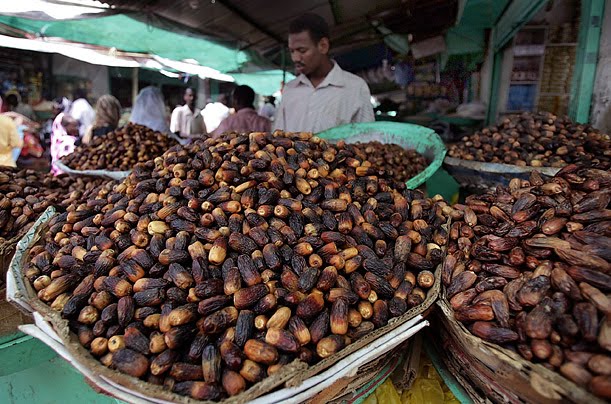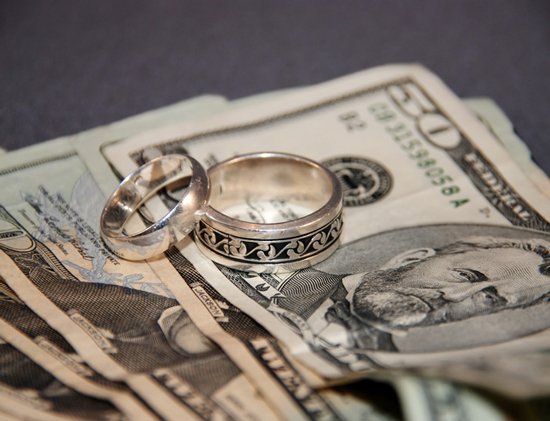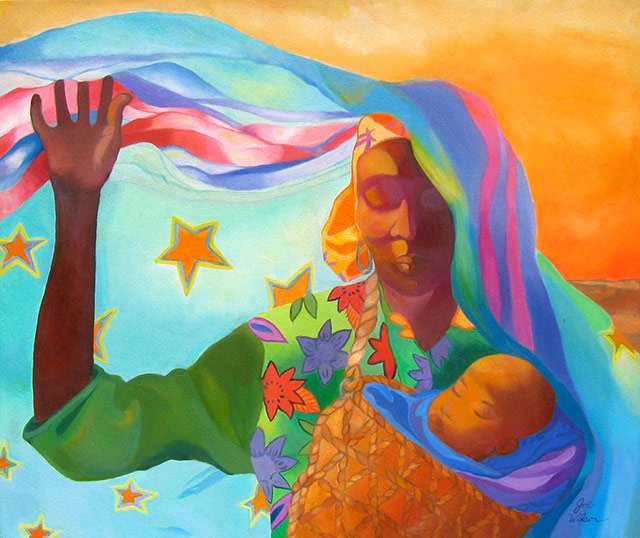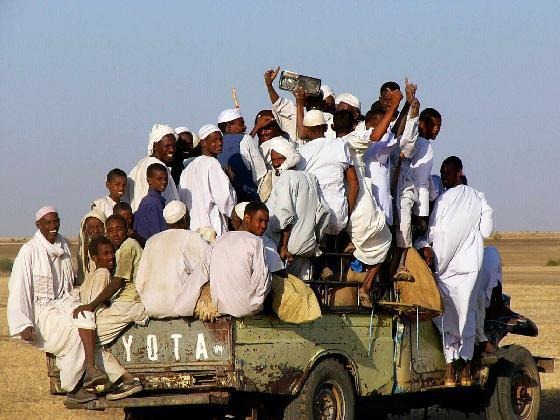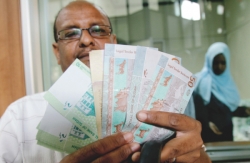RAMADAN IN SUDAN: My observations
As a South Sudanese Christian, I remembered the observances of the month of Ramandan from a young age. I grew up with cousins and aunts who professed the Muslim faith and regularly fasted during Ramadan. I remembered the time we used to play fasting Ramadan, without understanding what it is all about. We would just bring some little sand cooked in empty tomato paste tins, over fake fires and arrange the meal on the floor and congregate to eat. Every one just laughed at the end and we ran home to have our proper dinner.
During my time in university in Khartoum, I had the opportunity to observe the numerous types of people who fasted during Ramadan. My interaction ranged from the bearded militant Islamists (those who used to fight the so-called Jihad in South Sudan) to the liberal Gulf-educated ones and the common man from Dukan Fur in our neighborhood.
Ramadan became for us the month when nothing gets done. From offices to classrooms to even my neighbor from Dukan Fur around the corner, it is one of struggle and regret. Despite the fact that outwardly, the faces tried to shine and everyone wished each other Ramadan Kareem, their hearts were not in the fasting. They looked at their watches every minute and wished the sun would go down faster. The teachers skipped lessons, offices closed early and nothing got done by midday and when you asked, they say, I am fasting. It became the excuse for not doing anything fruitful.
Among my friends, there were those who would eat breakfast with us, have tea and go home to claim they were fasting. Also, the number of people who wanted prescriptions for a sickness not apparent, just so they do not fast, increased. In fact they wanted the doctors to liberate them from fasting, for it had become a burden.
Another habit was seeing people in public transport or on street corners with the Muswak stick in their mouths all day, spitting all over the place. I remembered the habit was also made fun of on Sudan TV. Imagine sitting in a bus and the guy next to you leaned over, with his sweaty body, to spit through the open window. Did these people brush their teeth only during Ramadan?
Despite all these, I have met true friends who fasted from the heart, embraced their fasting month willingly and lived it through with patience and genuine understanding of the true meaning of fasting. They did not go around wearing gloomy faces, but lived their lives normally and you couldn’t tell he or she was fasting unless you asked. I had sat down with them at numerous Iftars, drank the Helu Mur and ate the Ballah (dates), as well as the Asida with Mullah Weka.
It takes a genuine heart to observe the month properly. Ramadan Kareem to all true believers.

